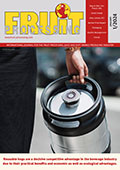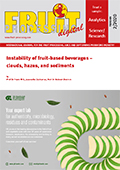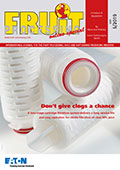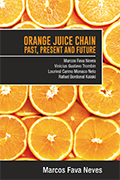AGRANA invests € 3.4 million at R&D sites in 2020
AGRANA, one of the leading food and industrial goods groups from Austria, is increasing its focus on innovations and investing around € 3.4 million at two R&D sites in France and Austria this year. The annual R&D expenditures of the AGRANA Group amount to around € 20 million.
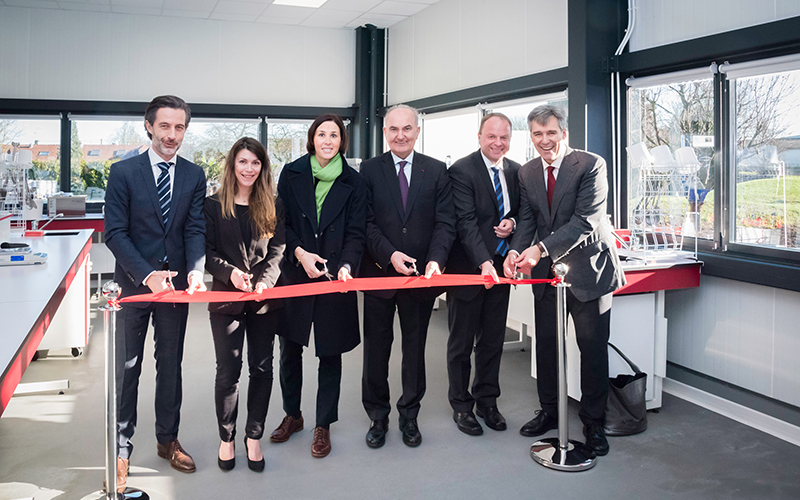
AGRANA, one of the leading food and industrial goods groups from Austria, is increasing its focus on innovations and investing around € 3.4 million at two R&D sites in France and Austria this year. The annual R&D expenditures of the AGRANA Group amount to around € 20 million. AGRANA employs a total of approximately 300 personnel in the area of research and development.
In a highly competitive environment, the strategic objective of AGRANA is to differentiate itself from competitors by means of new product developments in its fruit, starch and sugar business segments.
Fruit preparations: new development centre in France
For its fruit preparations business, AGRANA maintains 17 development centres around the world which work on new formulations, special ingredients and raw materials as well as new application areas for existing products. Five of these so-called New Product Development Centres are located in Europe, namely in Gleisdorf (Austria), Ostroleka (Poland), Serpukhov (Russia), Vinnytsia (Ukraine) and in Mitry-Mory (France), where the development centre has recently been upgraded for € 2.6 million, including the addition of 700 m2 of laboratory space (see image).
“AGRANA is the global market leader in fruit preparations. That’s why it is important to be an innovator and not a market follower with me-too products. In our role as a first mover in regional markets, we try to pick up on new development trends as early as possible. We develop products in close collaboration with our customers in order to reflect local market requirements and these latest trends. Our global network of product developers enables us to launch over 1,000 new fruit preparation products on the market every year”, explains AGRANA CEO Johann Marihart.
In response to specific regional demands and the latest nutritional trends, the portfolio of fruit preparations ranges from top quality fruit purées and inclusions for dairy products, ice creams and bakery products to the latest solutions for plant-based spoonable and drinkable yoghurt products. In addition to fruit preparations, AGRANA also offers brown flavours such as caramel, coffee or vanilla as well as products with inclusions (e.g. chocolate balls).
€ 800,000 invested in expansion of the AGRANA Research & Innovation Centre (ARIC) in Tulln
The AGRANA Research & Innovation Centre (ARIC) in Tulln is the main research and development subsidiary within the AGRANA Group. On an area of around 4,000 m2 at ARIC, 85 employees work on research projects related to fruit, starch and sugar. ARIC is currently undergoing expansion work, with the aim being to create a further 300 m2 for research purposes by the end of the year. The investment volume amounts to € 800,000.
In its fruit segment, AGRANA conducts research into the development of innovative natural stabilisers for fruit preparations as well as processes for sensitively handling fruit ingredients. The aim is to optimally maintain the natural properties of the fruit.
In the starch segment, AGRANA works in accordance with its specialities strategy on the development of special applications. Current focus areas related to food starches, for example, include the development of organic and clean-label products which have not been chemically modified. In the case of technical starches, the focus is on the development of special starches, such as those for use in tile adhesives or green glues as alternatives to synthetic adhesives, as well as on compostable starch-based films.
In the sugar segment, the focal point of work ongoing is on the development of new, environmentally-friendly and energy-saving processes and process steps in the area of production as well as on maximising the efficiency of sugar beet utilisation and the optimal exploitation of by-products, such as extracting betaine.



